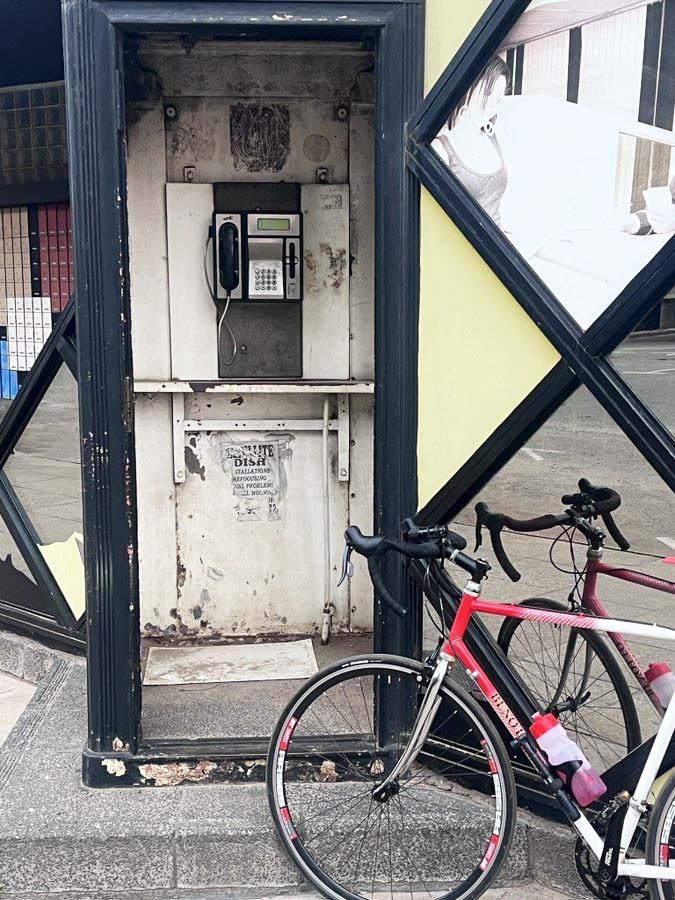As a child growing up in Zimbabwe, my relationship with my father was fraught with challenges. He was a strict man, yes, but often his strictness crossed into the realm of physical abuse. Memories of being struck with a button stick, leading to fractured bones, are vivid in my mind. It was a childhood marked by fear rather than fond memories, one that I grew to resent deeply.
However, amidst this harsh upbringing, there were lessons imposed that unknowingly shaped my future. My father’s insistence on us watering the plants or maintaining the lawn, even when we had gardeners, seemed excessive and punitive. While other kids my age were socializing and enjoying their youth, I was at home, often muddy and sweaty from laborious tasks. It wasn't the "cool" look for a city kid, and it was something I and my siblings deeply resented.
Yet, as I matured, I began to discern the difference between the strictness that could have been constructive and the outright abuse that was harmful. The discipline to stick to a task and see it through, such as tending to the garden, instilled in me an undeniable sense of responsibility. I learned that once I started something—like watering a plant—I was responsible for it. This lesson translated into a broader aspect of my life, influencing how I interacted with the world around me.
Recognizing this, I knew I had to remove myself from the toxic environment of my childhood home. Embracing life by the horns, I decided to be responsible for myself and accountable for all my choices. This realization came at a pivotal time, just as I was transitioning from school to the workforce.
Without any connections or insider help, I found my first job by literally standing in queues for hours at call boxes throughout the Harare CBD —public phone booths—dialing up random companies to inquire about job opportunities. I never sent applications letters through the mail as I new companies were inundated with these (most of them never opened). Culturally, telemarketing has never been practice in Zimbabwe so despite my friends' mockery of my idea, I kept calling businesses and asking if they had an assistant manager position. Why an assistant manager position? I realized early on that an assistant manager and a new entry level employee pretty much get the same on the job training, so why not aim high?
This was long before the era of digital applications. My proactive approach paid off remarkably after 3 weeks; I landed a position as an assistant branch manager straight out of school. This was not just a job; it was a testament to my newfound independence and self-reliance.

Later, when searching for opportunities overseas, I employed the same tenacity. I sent out numerous emails directly to companies, bypassing the traditional and often congested job portals. My direct approach, highlighting my skills rather than academic qualifications—which I never had to show—resonated with employers. It wasn't about where I had come from academically; it was about what I could do and the zeal with which I presented myself.
This ethos has permeated every aspect of my professional life. I learned that in business, just as in personal growth, it's crucial to build trust and deliver value consistently. You don’t need to be the most skilled; you need to be the most dedicated and reliable. It’s about understanding your market and delivering what you promise, every single time.
Today, I encourage others, especially parents and budding entrepreneurs, to adopt this mindset. Understand the distinction between being strict to instill values and being oppressive. Teach responsibility, not through fear, but through consistency and example. And most importantly, approach life and business with a mindset that embraces challenges as opportunities for growth.
This journey from a tumultuous childhood to successful entrepreneurship has taught me more than I could have imagined. It taught me that the worst experiences could foster the greatest strengths, provided we learn to differentiate the lessons from the pain. Let's not just endure but learn, adapt, and thrive.
For mental health support you may lookup organizations like Ndinewe, grandmothers and friendship bench among many others.



